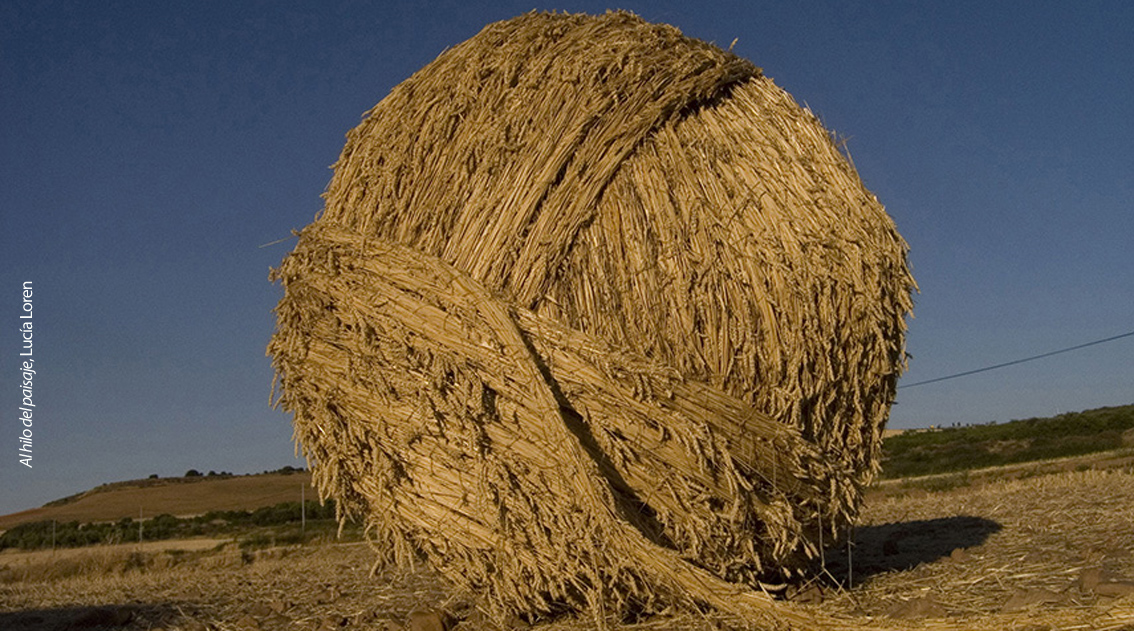Journée d’étude en Ecocritique & Ecopoétique – mercredi 24 mai, Université de Perpignan
Conférencière invitée : Nathalie Blanc, Géographe, Directrice de Recherche au CNRS, spécialiste de la nature en ville, de la biodiversité urbaine et des paysages urbains.
Etudier le végétal dans son milieu urbain, c’est remettre en question l’illusion selon laquelle les humains, en érigeant les sociétés modernes, se seraient détachés de la nature (Bruno Latour). Si les structures urbaines laissent peu de place aux proliférations et au frayage du sauvage, et si nombre de citadins semblent vivre emmurés dans des idéologies et des univers technologiques fondés sur une séparation entre la culture humaine et la nature non-humaine, il reste que les formes végétales participent au cosmopolitisme et continuent de se propager, résistant ça et là à la domestication. Les vignes et herbes folles tracent des lignes de fuite imprévues dans lemaillage de la ville, poussant dans les failles du goudron et se déplaçant en rhizomes, en voyages polliniques au gré des pluies et du vent, avec les oiseaux et les insectes. Parce que le végétal évolue, sans volume ni contour limités par nature, en « une interminable sculpture de l’être dans le devenir » (Bailly), ne serait-il pas pour nous, humains, source d’inspiration double, par l’air que nous partageons avec lui, et par son effet sur notre imagination, ouvrant la voie vers des devenir-humains autres, comme l’envisage par exemple Luce Irigaray ? A l’instar des racines des arbres qui travaillent le ciment par en-dessous, le craquellent et le boursoufflent pour reterritorialiser le goudron en vallons et crevasses, nos propres racines terrestres et cosmiques ne pourraient-elles pas également déterritorialiser et reterritorialiser les cartographies de nos existences urbaines ?
Non seulement les humains respirent et se nourrissent en grande partie grâce au monde végétal, par ailleurs les limites de l’entreprise moderne se révèlent indéniablement chez tous les sujets allergiques au pollen. Le végétal nous rappelle l’existence d’un temps cyclique, non-humain, et par là, l’appartenance de l’humain à un niveau cosmique ; le végétal évolue au rythme des saisons et réenchante ainsi nos existences urbaines dominées et découpées par le béton, la brique et le ciment. Parler du végétal dans son milieu urbain, c’est le replacer au cœur de la vie des humains, qu’il s’agisse de qualité de l’air, de nourriture terrestre ou spirituelle, de cadre de loisirs ou de contemplation, de questions d’esthétique, d’urbanisme, ou d’écologie.
Cette journée d’étude s’intéressera de façon transdisciplinaire aux liens entre le végétal et l’humain en milieu urbain, en s’attachant aux points suivants :
– Les rapports entre les formes et existences végétales (liens avec la biosmétiotique) en milieu urbain et les formes artistiques urbaines, qu’elles soient littéraires, graphiques ou plastiques notamment ; la question d’une écopoétique végétale qui pourrait donner à entendre, goûter ou sentir les existences végétales, ou encore, le rôle du végétal comme acteur d’« art involontaire » à la façon de Gilles Clément.
– La valeur du végétal dans le patrimoine d’une ville, la place accordée aux parcs, espaces verts et jardins publics à l’intérieur des villes ; le développement d’un urbanisme vert, comme les expériences des « cités végétales » conçues par Luc Schuiten.
– Le rôle du végétal dans des modèles de société alternatifs et dans ce que l’anglais appelle « grass-roots politics », par l’aménagement notamment de jardins communautaires fleuris, de potagers urbains individuels ou partagés, le développement de l’agriculture biologique ou de la permaculture en centre ville ou dans des zones périurbaines, l’engagement des citoyens dans des AMAPS locales, etc.
– Le place du végétal dans l’éducation urbaine, à l’école, dans les centres de loisirs, les livres pour enfants et la littérature de jeunesse (par exemple l’entreprise de Nathanel Johnson, dans Unseen City).
Cette journée d’études s’inscrit dans le sillon du colloque international en écopoétique organisé à Perpignan en juin 2016 sur le thème du réenchantement du monde. Ce dernier ayant majoritairement attiré des travaux portant sur la nature en dehors des villes, il nous est apparu que la question du réenchantement du sauvage urbain représentait un terreau fertile qui mériterait d’être creusé. Ce thème fera donc l’objet d’un deuxième colloque international en juin 2018. La présente journée d’études portant sur le végétal dans son milieu urbain en est un premier jalon.
La langue de communication sera le français. Les propositions (300-400 mots) sont à envoyer avant le 30 mars 2017 à Bénédicte Meillon (benemeillon@gmail.com) et à Margot Lauwers (margot.lauwers@gmail.com).
Comité scientifique :
Nathalie Blanc, LADYSS, Paris
Isabelle Cases, CRESEM, Université de Perpignan (UPVD)
Bertrand Guest, Ecolitt, Université d’Angers.
Margot Lauwers, CRESEM, UPVD
Bénédicte Meillon, CRESEM, UPVD
Jonathan Pollock, CRESEM, UPVD
Comité d’organisation
Margot Lauwers, Université de Perpignan
Bénédicte Meillon, Université de Perpignan
Bibliographie très sélective
Bailly, Jean-Christophe. « Pictural, végétal », paru dans Alliage, n°64 – Mars 2009, Pictural, végétal, mise en ligne 31 juillet 2012,http://revel.unice.fr/alliage/index.html?id=3386.
Blanc, Nathalie et Barbara L. Benish. Form, Art and the Environment: Engaging in Sustainability. Routledge, 2016.
Irigaray, Luce et Michael Marder. Through Vegetal Being: Two Philosophical Perspectives.Columbia Press University, 2016.
Jaquier, Claire. « Utopies et dystopies végétales. Questionnements contemporains au regard des Lumières. »http://www.fabula.org/atelier.php?Utopies_et_dystopies_vegetales
Johnson, Nathanael. Unseen City: The Majesty of Pigeons, the Discreet Charm of Snails & Other Wonders of the Urban Wilderness.Rodale, 2016.
Termite, Marinella. Le Sentiment Végétal: Feuillages d’extrême contemporain. Quodlibet, 2014.
Vieira, Patricia et al., eds. The Green Thread. Dialogues with the Vegetal World. Lexington Books: Ecocritical theory and Practice, 2015.


 Stories, Myths, and Arts to Envision a Change
Stories, Myths, and Arts to Envision a Change